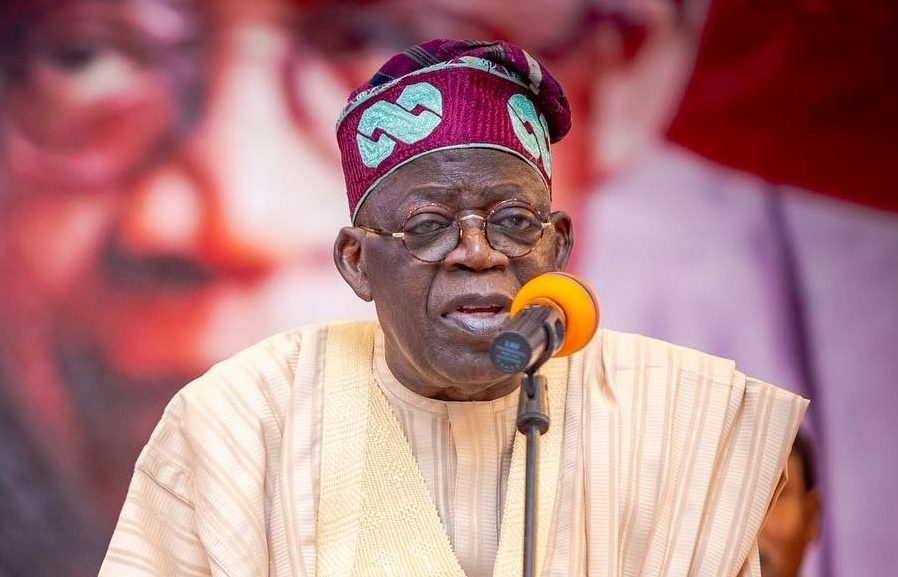
By Olugbenga Adebanjo – There is a Yoruba adage which says it’s in the thick of battle that you know a man. President Ahmed Bola Tinubu aka BAT on ascending the position of the president of the federal republic of Nigeria, was relatively battle hardened and relatively tested for what most people would consider a poisoned chalice. Why? Nigeria and its beautiful people are not a walk in the park, when it comes to administering over them.
The country itself is made up of complex nation states which have evolved differently over the past centuries with their unique norms and traditions. This is what is being reengineered to becoming a completely new and modern country.
Was President Tinubu ready for the tasks ahead of becoming the commander in chief? Probably he was, however he came up with a caveat, hope. In stating the renewed hope maxim, Tinubu seemed to have a better insight into the Nigerian malady and thought the best way to deal with it was to sell the hope agenda knowing well that he needed to break some eggs if not heads, to make the Nigerian omelette. Nigerians on their part, didn’t envisage the cost of making this omelette.
Governments in the past have been skirting around the challenges facing the country without summoning the courage to take taking difficult decisions. Well over a decade before Tinubu became president, Nigeria had been struggling with bringing enough money into the government coffers.
While the nation’s taxation system was weak and almost comatose, revenue from oil its main foreign exchange earner was practically non existent. Nigeria’s saving grace over this period were remittances from its diaspora economy. This situation was in addition, backed up with a ways and means approach to financing the economy. How much Nigeria could have withstood this type of economic management is unclear before a total collapse.
President Tinubu was confronted with the realities facing the country and decided to act in his unique way, going into battle with his uniquely rugged approach but only offering the people hope, as consolation. Many Nigerians including past leaders said the president wasn’t well prepared to taking the decisions he made. For instance there wasn’t a transitional period in place to usher in the removal of petroleum subsidies. Be that as it may, what the government’s move revealed were the lack of institutional structures in place to guide and midwife government policy and implementation.
On the part of Nigerians, they had been sheltered for decades for not paying the real cost of a market economy, which also needed to be more efficient and fully productive. President Tinubu removed the veil from the faces of the people to realise that they have been living on borrowed time. What compounded the citizens situation was the culture of corruption which stifled efficiency and made productivity frustrating.
After a year of the Tinubu presidency, Nigerians are gradually but painfully coming to terms that a change in orientation must be embraced, thus enabling them adapt and navigate through their new realities.
Within the last year, the government has commenced the transformation of the country’s tax system, widening the tax net and in the process increasing its revenues. However, though it has accomplished some remarkable successes, it is still grappling with how the funds are used to touch the lives of ordinary citizens. For instance, splashing N90 billion on Hajj goes against its new mantra of spending wisely on viable economic projects. In today’s Nigeria, government should be brave enough to separate politics and governance from religion, because religion used as political patronage will continue to drag the country backwards.
A year in the life of any government could be too early to score on progress achieved, however it will give observers a clear picture of what direction any administration intends taking. So, it’s probably fair to persuade Nigerians to put more effort in renewing their hopes for a much better future, with another three years down the country’s dynamic and turbulent political road.
Olugbenga Adebanjo (C) Copyright, 2024









